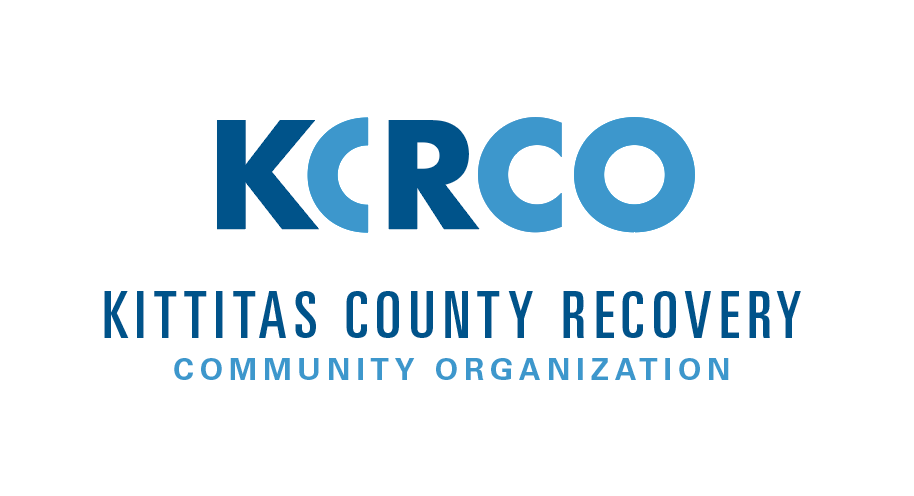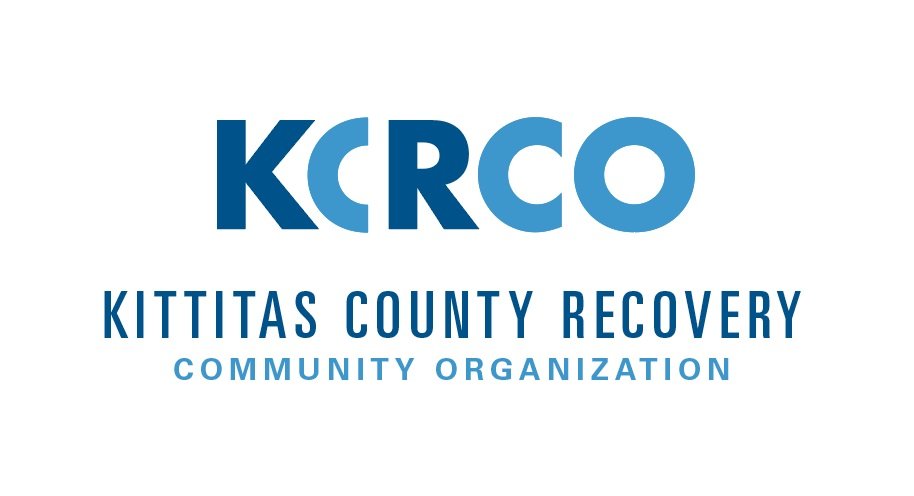The treatment system is broken
I have been reading articles about the reality of our nations treatment system. Personally, I bring to the table knowledge that stems from my previous work in the treatment arena, knowing people who also either still do or have worked in the system, my education and research in this arena, my lived experience having been through treatment and other systems, and my current work with the KCRCO and community at large. I always value reading others views on the treatment system and repeatedly see the same issues again and again.
One article titled Addiction treatment is broken. Here’s what it should look like written by William Stauffer summarizes the current state of the system well. He describes a system that at best only gives acute care and does nothing to serve the known long term needs of someone entering a life in recovery. You don’t have to look far to find articles written by professionals in the field who repeat this same thing again and again.
Even when we know people need access to housing, medical care, family support, and on-going mental health support well outside of a 21 or 28 day treatment episode it still is the primary way we are treating this health condition. When we keep perpetuating this acute care cycle and keep blaming the individual saying they must not want it bad enough. We blame the individual all while not giving the tools they need to be successful. Professionals who work in the field see this in their everyday work on a continual bases.
How can we know if they want it bad enough when we don’t even give them half a chance at finding sustained recovery? Treatment providers have to fight insurance companies just to get a few days of treatment knowing the person they are fighting for needs much more. Even if people get the 21 or 28 day they are sent right back to the same environments and given little in the form of tangible resources to sustain their new found recovery. We tell people to change their lives, but, they aren’t give the necessary resources to truly do so.
William White, a decades long researcher in this field, in his article titled “It’s Time to Stop Kicking People Out of Addiction Treatment” talks about the stark reality that we must stop kicking people out of the very places where we say they have a chronic condition and they need to be treated as such. Think about that one for a minute. We teach clients in treatment that they have a chronic health condition that needs to be treated extensively. Yet, at the first sign of them having an issue with this “chronic condition” we kick them out and say you must not have wanted it bad enough. Many treatment entities are running from a punitive based modality that does little to truly help people in the long run. White discusses in length the different administrative discharges that treatment systems use that only further the issues one has with this chronic health condition. It is in this article that White talks about the well known issue in the field of this being the one health condition that we literally cut people off from care they need in the ways we do.
We have a long way to go before the massive amount of stigma that is associated with substance use disorders disappears from the treatment and recovery arenas. You would think that the very people who are in the field to help others would understand the need for this change. William White has written extensively about the need for change in these systems and for the leaders who perpetuate the stigma and barriers that people face when going to treatment and entering a life in recovery. We all must work together with open minds to the varying pathways of recovery and the understanding that there is no one way for a person to improve their lives and find a way to recovery. The one size fits all mantra has to die.
SAMSHA’s own definition of recovery tells how this should look….”A process of change through which individuals improve their health and wellness, live a self-directed life, and strive to reach their full potential.” This definition is broad and allows for the individual to decide what their life in recovery will look like in the end. I often ask “has a person’s life improved?” Do they have stable housing, can they keep gainful employment, has their family situation improved? I ask these questions and more before I determine whether or not someone is having success in recovery.
I don’t define someone’s recovery simply through a narrow window of whether or not they are completely abstinent or not. I don’t define someone’s recovery based on what type of support group they choose to use. I don’t define someone’s recovery on one silo of the recovery community they may belong. I don’t define another person’s recovery solely based on what I choose to do to support my own walk in recovery.
I let them decide what is going to work best for them based the broad definition of recovery that I believe works best for all. At the KCRCO it is our mission to support the individual and where they are in their recovery. All of our programming is created to find unique and innovative ways to keep this mission intact. We will always work with those who are willing to do these things so we can reach more people.
David A Douglas
Executive Director/Founder
KCRCO


